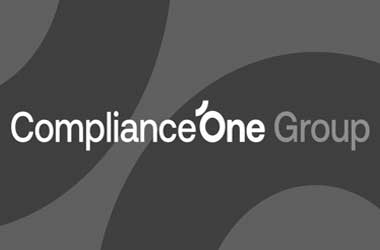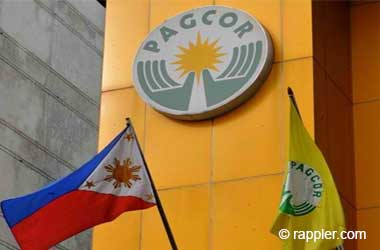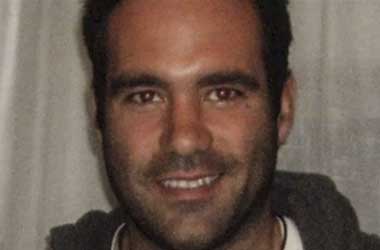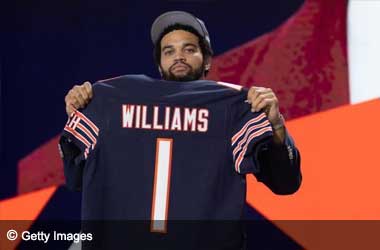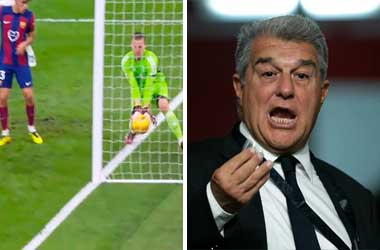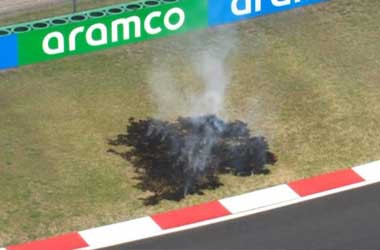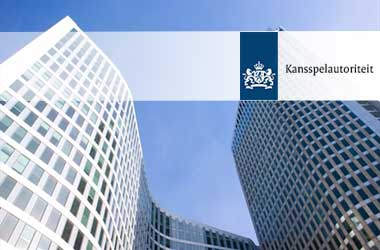 Summary
Summary
- Dutch gambling market shows signs of stability
- Dutch gambling regulator concerned with gambling ads
- Over 20,000 players put themselves on self-exclusion list
Dutch gaming authority, Kansspelautoriteit (KSA) stated that the Netherlands’ gambling market has been generating a steady stream of revenue.
The earnings for the first and the second quartiles for 2022 stood at €240 million and €246 million respectively. The market earned €569.7 million from January to July at a stable monthly average of €81.4 million.
Revenue Growth Rate to be Between 13%-15%
The KSA speculated that revenue would grow at a rate between 13% to 15% based on sports schedules. Gambling revenue rose quickly since the launch of the KOA Act in 2021. The number of licensed operators has also increased since the new regime, with the KSA issuing 22 permits to 14 operators. The number of licensees will probably increase as per the agency.
The KSA’s channelization strategy involves orienting players towards legal gambling. It cited the Netherlands Online Gambling Association (NOGA) report to support its claims. The NOGA report found that while 85% of Dutch players preferred to play with licensed providers, 15% had played illegally. The channelization rate for players was 85%.
In addition to illegal sites, KSA chairman René Jansen said a clampdown on advertising and sponsorship was also at the heart of the channelization strategy. While the per operator expenditure on ads dropped from €890,000 in 2021 to €319,000 in 2022, TV ads reported no such decline. The agency also cited Nielsen data to show that lottery ads were the most visible on social media platforms.
The KSA report further found that sponsorship agreements between online gambling companies and sports clubs had increased. Dutch Minister for Legal Protection Franc Weerwind announced a ban on untargeted ads and sports sponsorships by the end of 2025 and 2023, respectively. KSA said that the ban would majorly affect long-term sponsorship contracts. It also noted that iGaming operators were active sponsors of sports teams such as amateur football.
KSA Refers to IPSOS Study on Player Behavior
The KSA also highlighted its agenda of quelling gambling addiction, referring to an IPSOS study. The research found that 40% of Dutch players in 2022 confessed to gambling despite incurring a loss or lying about it. The proportion of those who admitted to doing both remained the same as in 2021 at 15%.
The body announced that over 20,000 players self-excluded themselves via the Central Register Exclusion of Chance Games (CRUKS) platform. The KSA also examined that operators fulfilled their social responsibility after discussions with 11 representatives from providers.

 United States
United States United Kingdom
United Kingdom